CONTENT HIGHLIGHT
KRAS remains one of the most challenging oncogenic drivers in cancer therapy. Despite recent breakthroughs in KRAS-targeted inhibitors, tumor heterogeneity, adaptive resistance, and limited preclinical models continue to hinder drug development. Mutations such as G12D, G12C, and G12V drive aggressive tumor growth across colorectal, pancreatic, lung, and ovarian cancers, but conventional models fail to accurately predict patient responses. Addressing these challenges requires preclinical systems that faithfully replicate tumor diversity and resistance mechanisms to optimize therapeutic strategies.
Our patient-derived organoid (PDO) platform provides a clinically relevant, 3D in vitro system that preserves the genetic, phenotypic, and functional characteristics of the original tumor. Unlike traditional 2D cell lines or animal models, PDOs allow for:
HUB Organoids offers a range of KRAS-targeted solutions designed to accelerate drug discovery and development with high clinical relevance.

CONTENT HIGHLIGHT
HUB Organoids offers advanced KRAS Inhibitor Testing Solutions designed to accelerate drug discovery and development. Our extensive KRASmut PDO Biobank comprises over 50 PDOs derived from colorectal, pancreatic, lung, and ovarian cancers provide unmatched diversity and precision for preclinical research. To meet the needs for rapid testing of pan-KRAS inhibitors we have developed KRASmut PDO Screen which utilizes 25 patient-derived organoids (PDOs) with clinically relevant KRAS mutations, such as G12D, G12C, and G12V, to evaluate compound efficacy and optimize therapeutic strategies. Last but not least, to address the challenge of acquired resistance, we have generated Induced Resistance Models by repeat exposure of our PDOs to G12C inhibitors, enabling the study of resistance mechanisms and the development of next-generation KRAS inhibitors.
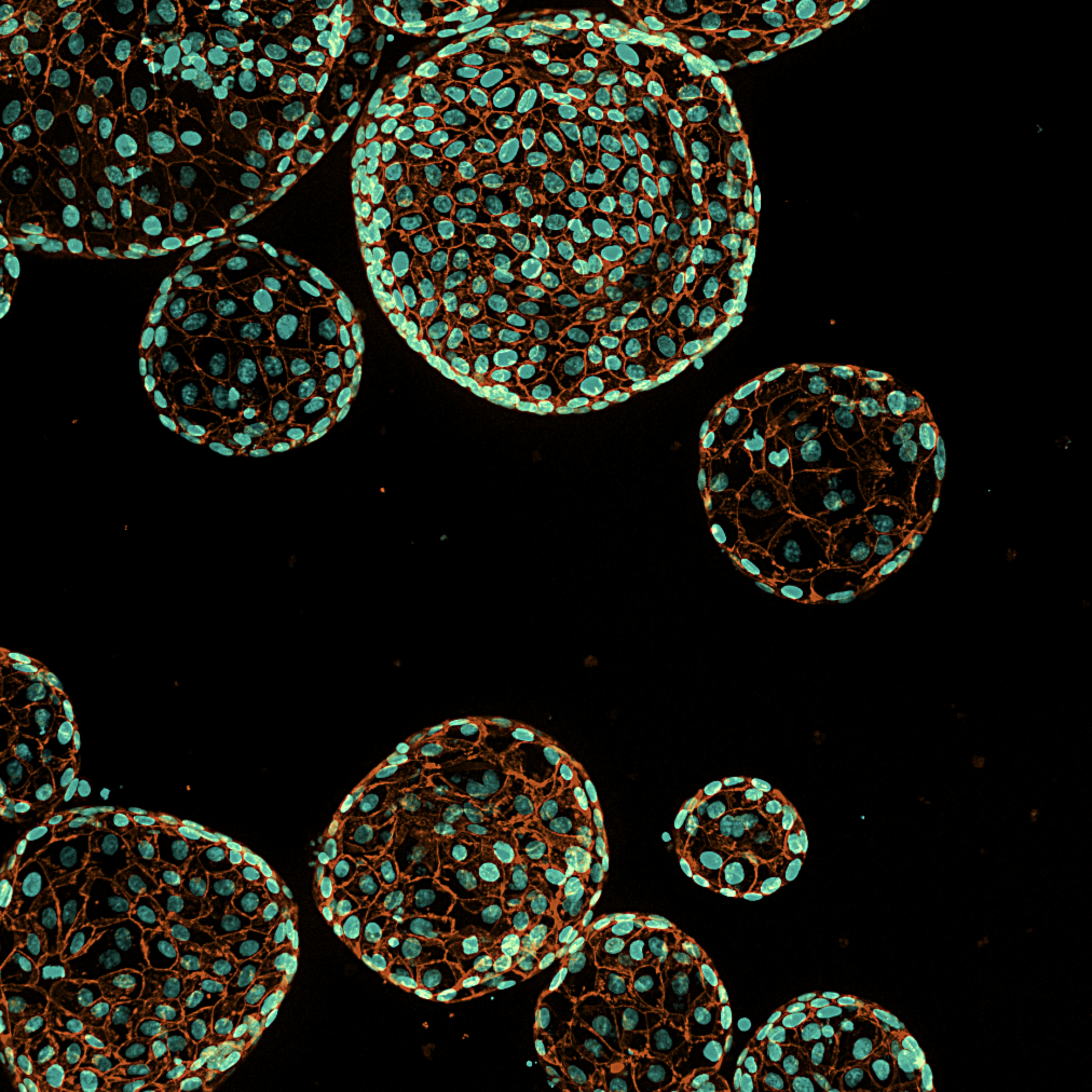
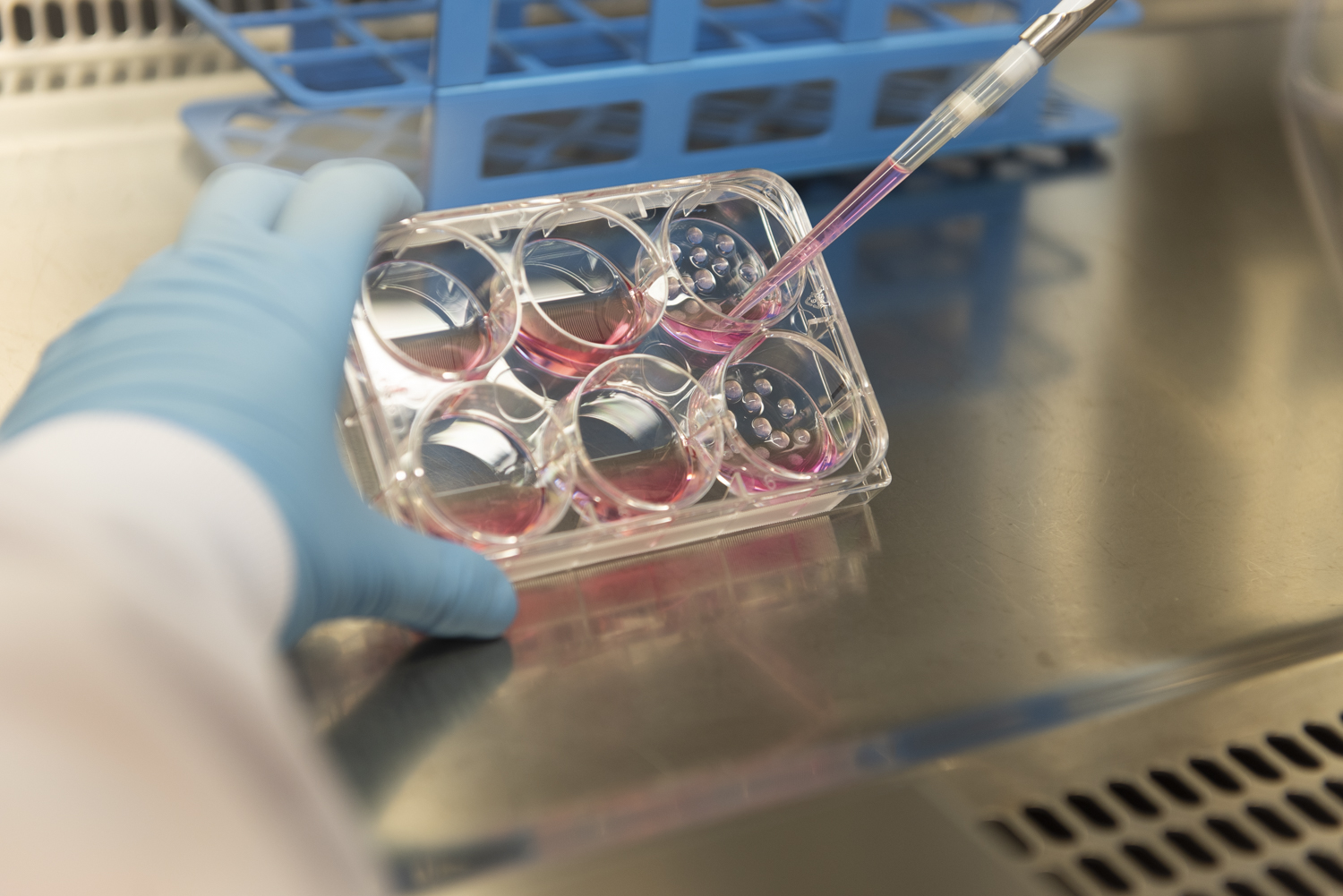
A pre-set, recurrent screening platform leveraging a panel of 25 PDOs carrying clinically relevant KRAS mutations. This high-throughput assay enables:
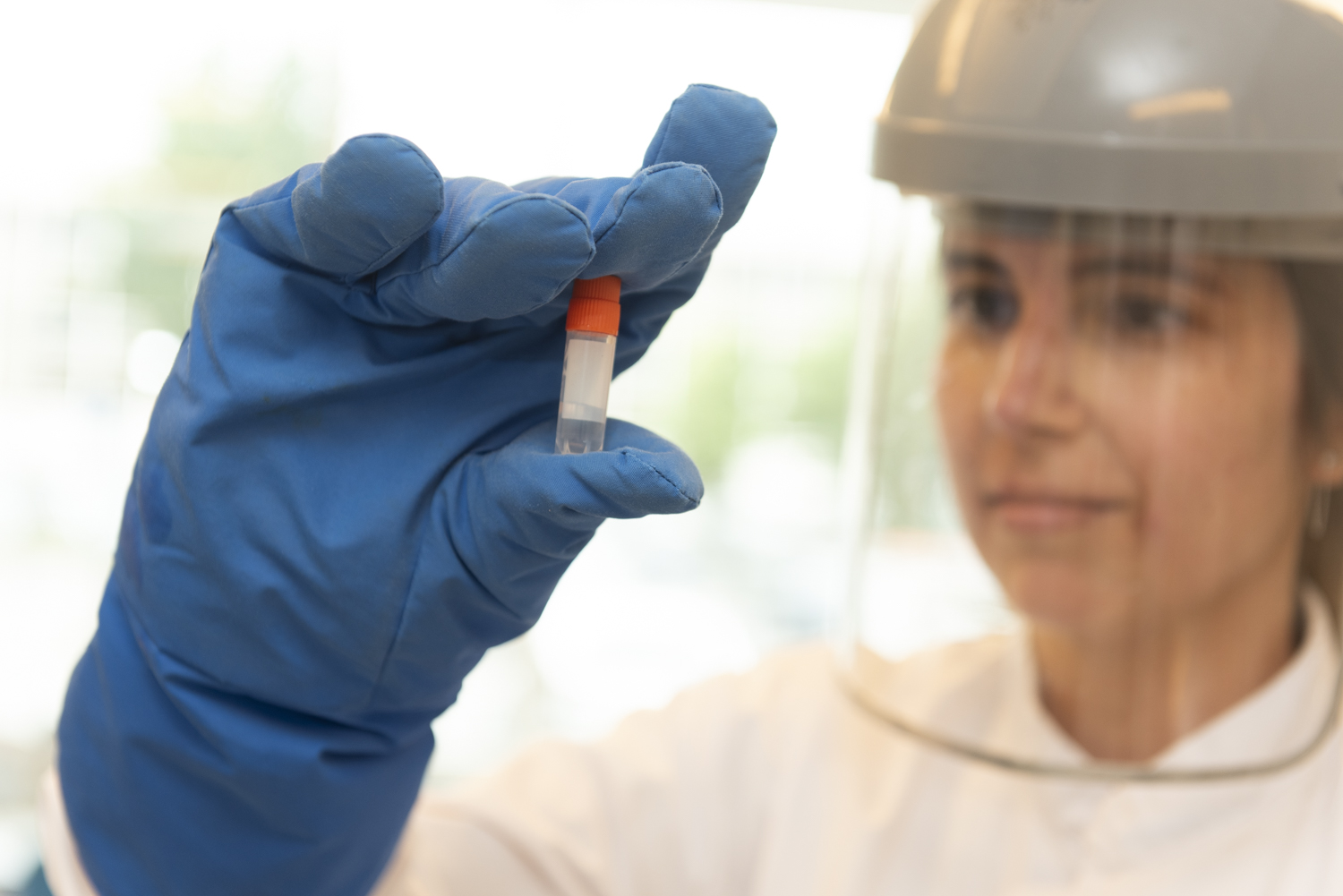
Understanding mechanisms of acquired resistance is critical for developing next-generation KRAS inhibitors. HUB Organoids provides a unique collection of PDOs that have been progressively exposed to approved G12C inhibitors until the emergence of drug resistance.
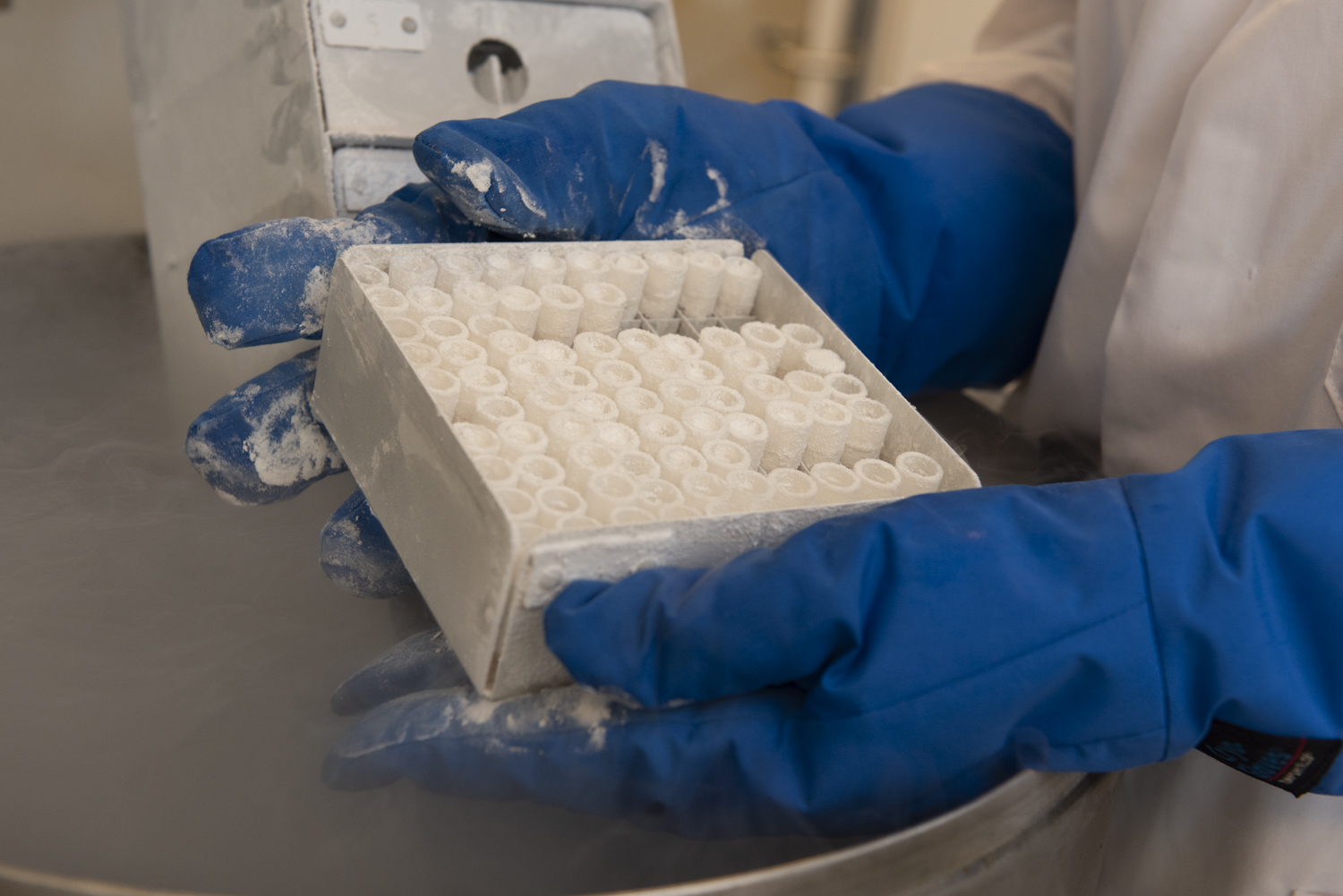
A comprehensive biobank of over 50 PDOs from colorectal, pancreatic, lung, and ovarian cancer models, featuring key KRAS driver mutations (G12D, G12C, G12V). These models provide:
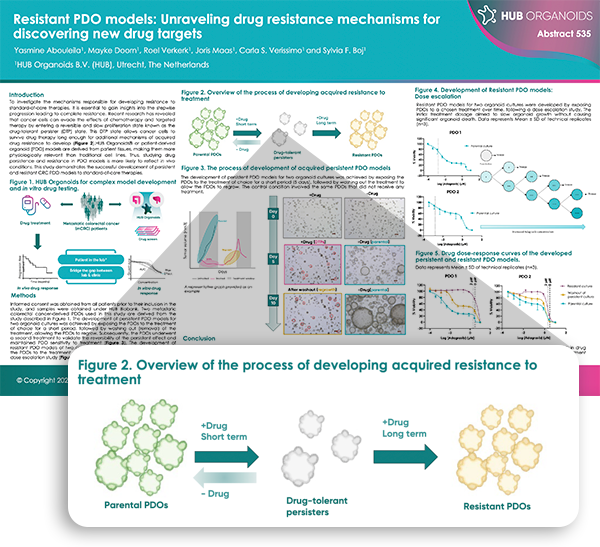
SCIENTIFIC POSTER
HUB Organoids empowers drug developers with clinically relevant preclinical models to advance KRAS-targeted therapies. Whether you need a diverse PDO biobank, high-throughput KRAS screening, or resistance models, our platform provides the predictive tools necessary to improve clinical success rates.